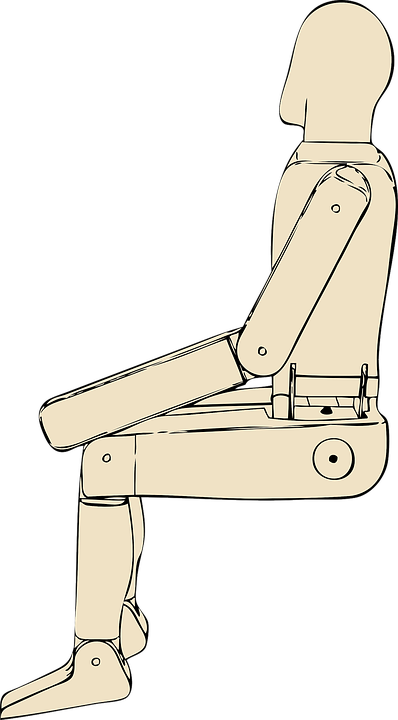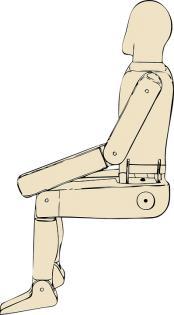I love the -ward words.
upward.
forward.
onward.
Even wayward and downward hold a positive charge.
There is a messianic American Puritanism in these words that I identify with a strongly swung pendulum, all Calvinist pull and sway.
When I look up the etymology I learn of -weard (Old English) from a Germanic (of course!) root meaning 'turn.'
To move up- or east- or home- involves a necessary transformation, whether one arrives intact or dissolves into a fiery crash.
In high school the driver's ed teacher taught us about momentum and kinetic energy and motion and centrifugal force, and it was the most vivid course in physics I ever got, even if accidentally useful, because my father actually taught me to drive on a manual '89 Taurus, and the actual physics classes mostly involved our Vietnamese teacher's futile attempts at getting a prominent Supreme Court justice's daughter and her boyfriend to stop mercilessly mocking his accent. But I digress.
It's that directional movement inside a stillness—the miracle of depth inside its own container¹—that the -ward words signify for me: strap up, chin forward, and pull yourself up tightly by the lapels young man, young lady, regardless of where the wheels are headed.

